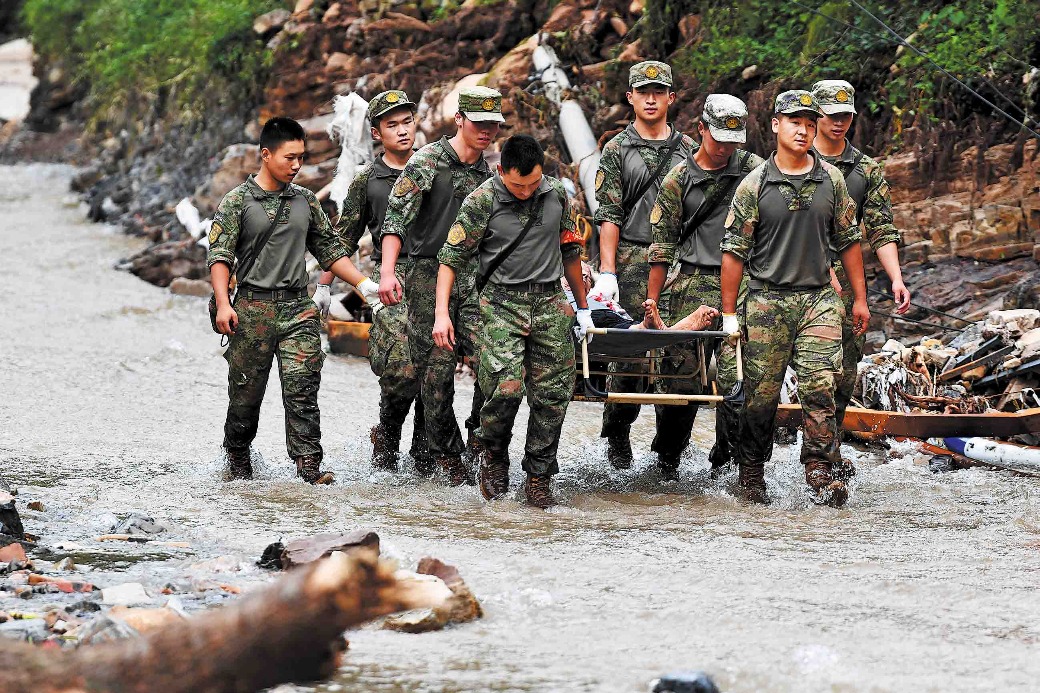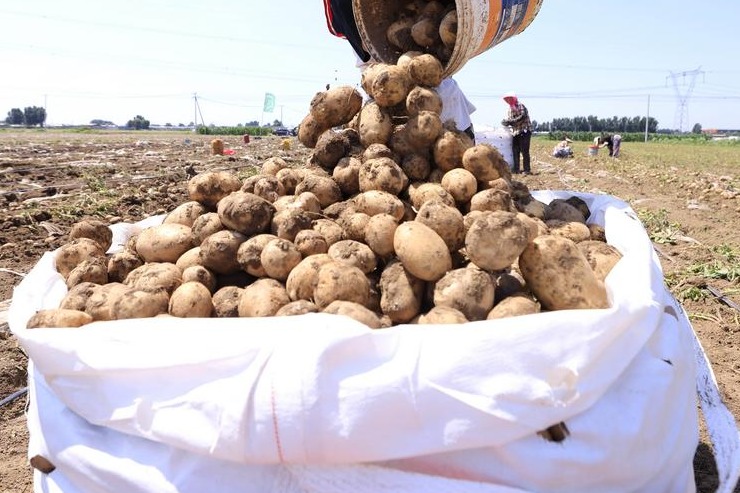UK widens COVID-19 sewage surveillance

The United Kingdom is expanding a surveillance system that detects COVID-19 in sewage after pilot tests helped alert local authorities to elevated levels of the virus in municipal waste water.
The UK Department of Health and Social Care announced last month researchers used the technique, known as waste water epidemiology, to successfully identify a new cluster of infections in the city of Plymouth in southwestern England.
The localized outbreak was caught before symptoms arose and had yet to be picked up by the UK test and trace system. An alert was passed onto the local council and National Health Service, which contacted people in the area to warn of an increase in cases.
The UK government-led program started in July. It will now expand to 90 sewage treatment sites that collectively serve just over one-fifth of the population of England.
The government is hoping this will serve as an early warning system for regional spikes in COVID-19 cases.
"Monitoring and sampling waste water offers another tool to help us identify outbreaks early on, helping NHS Test and Trace and local authorities target hot spots quickly and effectively," said Health Secretary Matt Hancock.
Yang Zhugen, a lecturer in sensor technology at the Cranfield Water Science Institute who is part of the UK program, said genetic material from the virus is detectable in sewage well before victims of a fresh outbreak fall ill.
"Even if people are in the early stage of infection, without symptoms, their stool can still contain virus particles," Yang said in a previous interview.
Water testing expanded
Public health researchers have increasingly employed waste water testing to track levels of illicit drug use, pharmaceuticals, and other chemical compounds over the last few decades.
More recently, scientists have begun to explore similar techniques to monitor pathogens, including influenza, polio, and sexually transmitted diseases.
Researchers in the Netherlands successfully detected the novel coronavirus in Utrecht in early March, weeks before the first case of COVID-19 was confirmed in the Dutch city.
Separate testing confirmed the presence of the virus at sewage sites elsewhere in Europe, as well as in the United States, South America, Asia, and Australia. This prompted some governments to instigate waste water surveillance programs.
The method was also used on frozen sewage samples, helping scientists establish a timeline for the spread of the virus. Backdated samples from Spain, Italy and Brazil suggest the virus was circulating globally well in advance of the first documented instance of COVID-19 in China, in late December 2019.
David Graham, who is a professor of ecosystems engineering at Newcastle University and a project lead on the UK program, said that while more investment is needed to improve methods of quantifying COVID-19 in waste water, early results have been "incredibly promising".
"Waste water virus levels are clearly higher in places with higher COVID-19 cases, and we are now working with colleagues across the UK to support predictive tools for public health protection," Graham said.
Today's Top News
- Unified national market a new growth launchpad
- US deal a structural challenge for Japan
- Industrial prowess of China a subject of serious study
- US new tariffs 'unfair': Experts
- NDRC recalibrating steps to drive growth, boost demand
- Wartime hero's legacy fortifies Sino-UK bond






























